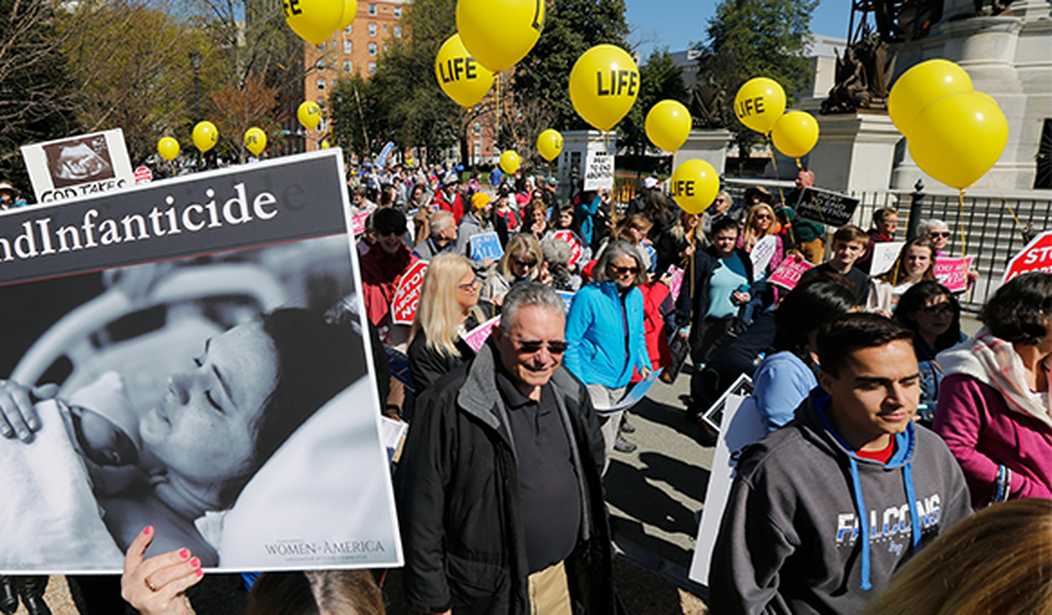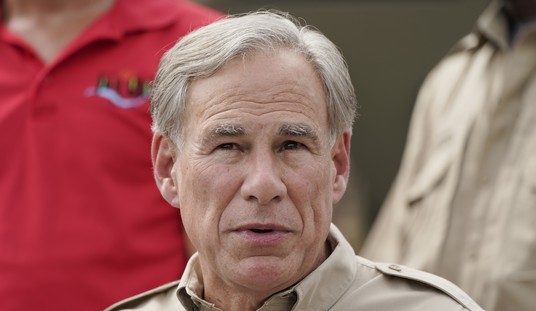On January 28, President Biden will revoke the Protecting Life in Global Health Assistance Policy—allowing billions of dollars in American foreign aid to flood the developing world for funding abortions. In place since January 2017, the Protecting Life Policy (an expansion of the former Mexico City Policy) prevents foreign organizations that perform or promote abortion as a method of family planning from receiving global health funds from the U.S. government.
With the U.S. awarding approximately $10 billion for global health annually, the Policy’s impact on recipient countries is immense. The last evaluation indicated that the top two global abortion providers alone, International Planned Parenthood Federation and Marie Stopes International, lost out on $145 million under the previous policy. Funds were directed instead to a broad array of pressing health needs including HIV/AIDS, maternal and child health, and infectious diseases—a true benefit for the countries most ravaged by poverty and poor health.
While abortion activists are celebrating Biden’s intention to make good on his campaign promise to rescind the Policy, they also have set their sights on more radical changes—including the repeal of the Helms Amendment, in place since 1973. For nearly 50 years, the Amendment has prevented the U.S. government from directly funding abortions abroad. Helms ensures that if American money goes to organizations that perform abortions, it cannot be used toward that end.
With the dismantling of the Protecting Life in Global Health Assistance Policy, and an expected heated battle over the Helms Amendment and other abortion-limiting legislation, changes regarding how America spends money overseas are sure to come. The Biden administration may be eager to pay for abortions across the globe, but what does this mean for the countries that neither requested nor expressed a need for these funds?
Recommended
The fact that abortion is either illegal or heavily restricted in much of the developing world cannot be ignored. Take for instance Africa, where the practice is prohibited or very limited by law across the majority of the continent. The use of U.S. taxpayer dollars to fund underground abortions in African countries would not only be illegal but also extremely dangerous for women already facing poor health infrastructure and overall conditions of poverty. Moreover, reallocating mass sums of U.S. money for abortions inevitably leaves other pressing health needs unattended. We should not expect our overall global health investment to go up with the Biden administration, even if it leaves crucial sectors underfunded while prioritizing abortion-related activities.
A few statistics to consider: in Sub-Saharan Africa, only 24% of the population has access to safe drinking water. UNICEF warns that more than 15 million cases of acute malnutrition are imminently expected in children under the age of five in West and Central Africa—an already dire problem worsened by COVID-19. And 90% of malaria deaths continue to take place in Africa, where a new, potentially drug-resistant strain has sprung up, threatening even more lives. These issues, and countless more, require urgent attention and merit the use of American taxpayer money abroad infinitely more than the funding of abortion.
Can Africa reject money for abortion, and insist that funds go for other causes? That remains to be seen. Obianuju Ekeocha, founder of Culture of Life Africa, has given a voice to the African objection. When I discussed with her Biden’s intention to reroute American foreign aid to fund abortions in Africa she stated, “it is disappointing and disheartening to see the new American administration prioritizing ideology over the real needs of people in the developing world. Especially in regions of the world where abortion is rejected from the point of view of deeply rooted cultural views and values. This goes to show that the new administration and their political allies have no consideration for the cultures, customs and way of life of the people that they purport to be helping. I see this as a modern-day colonialism—whereby the donor’s priorities completely eclipse those of their recipients”.
Despite widespread opposition across the continent, the Biden administration’s trajectory puts African governments in an extremely vulnerable position—caught between turning down desperately needed aid money and violating national laws.
Much of the developing world has long been reliant on American assistance for lifesaving global health support. And Americans have a right to ensure that our foreign aid goes toward real healthcare – indeed, a majority of Americans oppose the use of U.S. taxpayer money for abortions abroad. It is imperative that the people of the developing world receive the assistance they so greatly need, without undermining their laws and values. The deluge of abortion funding brought on by repealing the Protecting Life Policy is sure to vastly skew the already troubling power imbalance between donor and recipient nations and constitutes a serious betrayal of the American ethos.
Elyssa Koren is the director of United Nations advocacy in New York City for ADF International. Elyssa can be found on Twitter: @Elyssa_ADFIntl

























Join the conversation as a VIP Member